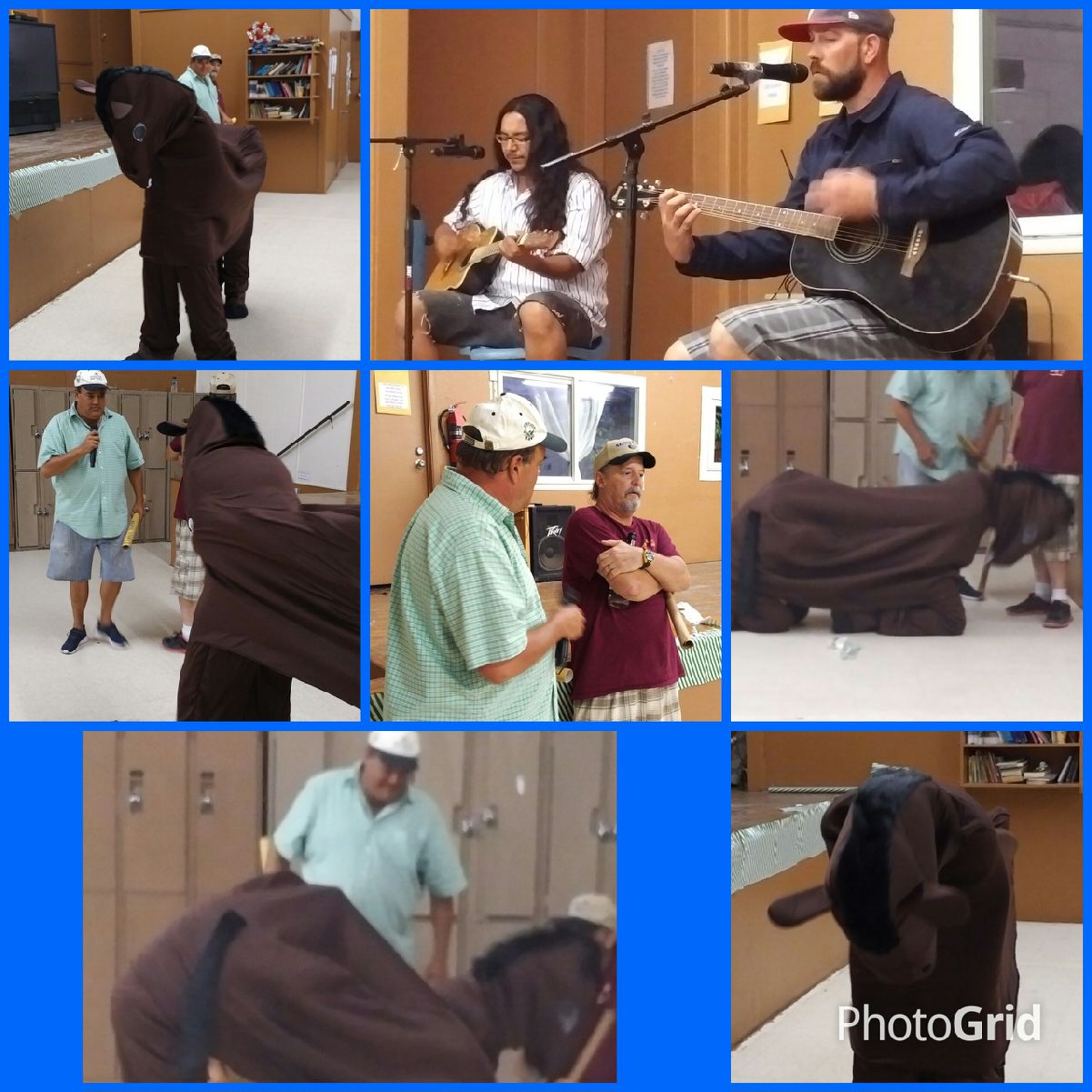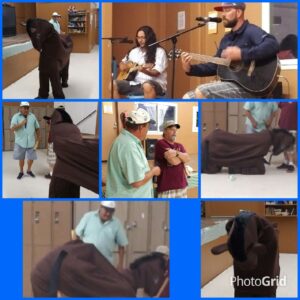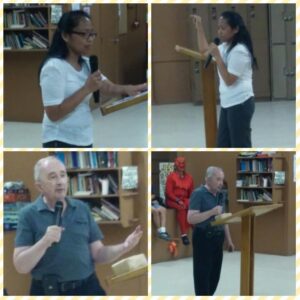By Jeremy Reynalds, Ph.D.
Founder and CEO
Joy Junction Inc.
I’m sure it’s no surprise to you that many of our guests – perhaps most – come in emotionally bruised and battered to Joy Junction.
A few also show evident physical scars from being homeless and living on the streets, but emotional hurt and devastation is much more common.
While emotional pain can be much worse than physical hurt, it doesn’t get nearly as much sympathy from others as physical pain. Tragically, emotional trauma is sometimes dismissed.
Sadly, it’s that sort of thinking which produces comments like this– all variations on a theme – which I’ve heard over the years.
You’ve probably heard similar. “A healthy looking guy like that could get a job if he wanted to,” and “If he can panhandle, there’s no reason he can’t get a job.”
Any emotional pain experienced by these individuals is ignored by their critics, because it’s invisible to the naked eye of the untrained observer. The only ones usually aware are those who suffer its debilitating effects, and perhaps a therapist if one eventually becomes involved.
No one would tell someone with a broken leg or third degree burns to “get over it.” Those injuries are clearly visible, and as they should, provoke sympathy from concerned observers.
But what about those who are emotionally broken and burned? The burn scars and brokenness in these cases lie hidden beneath the surface. However, the effects are serious and can damage self esteem and long term mental health.
Triggers for some of the emotional issues I’m referring to can include abuse and abandonment by parents, rape, bullying, PTSD, bipolar disorder and schizophrenia.
Sadly, a number of our guests have also had negative (and even abusive) religious and church experiences. With that in mind, some time ago, I began looking for a positive and entertaining-but still Biblical-approach for our Saturday evening church services. They are also open to the public.
So while the gospel remains the same (that will never change), our presentation is definitely not typical and very much geared to our guests.
Focusing on the love of Jesus, we begin with a skit using some our guests as actors, usually based on a country song that deals with issues often affecting the homeless. Why country? Because it’s a musical genre that speaks to many of our guests. Well, I’ll be honest! It’s also my favorite. Like the group White River sing, “I Like My Gospel Country.”
The idea is for the skit and the song to reinforce the upcoming message.
Here are a few of the topics I’ve dealt with. I’ve looked at the dangers of excessive drinking and the disappointment it fuels, using Toby Keith’s song “When I Drink I Fall in Love.”
Then I’ve taught about the story of the prodigal son, playing the Dierks Bentley song “The Prodigal Son’s Prayer.”
Another issue I tackled was making the most of your life, using the Brandon Flowers tune “The Clock Was Ticking.”
Recently, I taught about the lengths to which God will go to keep us on the right track, and how He will use anyone to do so. I taught on the Biblical story of Balaam, using the Don Francisco song “Balaam” as the skit song.
One of my favorites was when I taught on the struggle that we as Christians have between our old and new natures (Romans 7 and 8). Our skit song was a Mark Wills song, “All the Crap I Do.”
One of the verses reads, “All the crap I do, I don’t know why. My demons fight my angels and beat ’em every time. I’m just a man, the same old stupid fool. Still trying to make sense of all the crap I do.”
While it’s being sung by a man to a woman, the Biblical analogy stands out strongly.
Once the skit is over, Elma reads the scripture for the evening and I teach a topical and encouraging Bible message related to what guests have just seen in the skit. Elma finishes off the evening with a short message which continues where I left off.
We keep the whole service at just less than an hour.
But what do our guests think of the Joy Junction church experience? We asked a few what the services mean to them and why.
One woman described the service as, “A gathering of goodwill and prayer of enlightening messages for all.”
She added, “The skit is wonderful with a note of humor, and brings Joy Junction residents together.”
The service also helps her and others “focus on the positive changes in our lives, and how to use those tools for life.”
Another woman who said she came to Joy Junction “numb, and not feeling or caring about anything,” said the message and the skit make her both laugh and cry and encourage her to do more.
Other guests had similarly positive reactions.
One woman said that the skits present situations to which she can relate, and the services are “encouraging and uplifting.”
Another woman said that the skit and the message “allow me to take a good look at myself and remind me of the days when I use to drink, and the foolish things I use to do.”
On that same theme, someone else said how much the service impacts her. “It makes me realize what a fool I was like after having a few drinks, and how I acted toward others. It allows me to not argue over stupid things or to be jealous.”
One woman told us that our church services have helped her to stay focused and drug free for more than a year.
Another person said that the church and skit allow her to “laugh at situations in our life, like making mistakes in the past and being reminded of what I’m not like today.”
But ultimately it’s all about Jesus, and sharing His timeless message of hope in a way that will be understood by our guests, many of whom have encountered often unimaginable trauma and heartbreak in their lives.
Elma and I would like everyone who hears the skit and our messages to be able to echo these words from the song “I Like My Gospel Country.” “Jesus gave me a new song and I no longer sing the blues, and I’ve got a funny feeling the Lord likes country too.”




